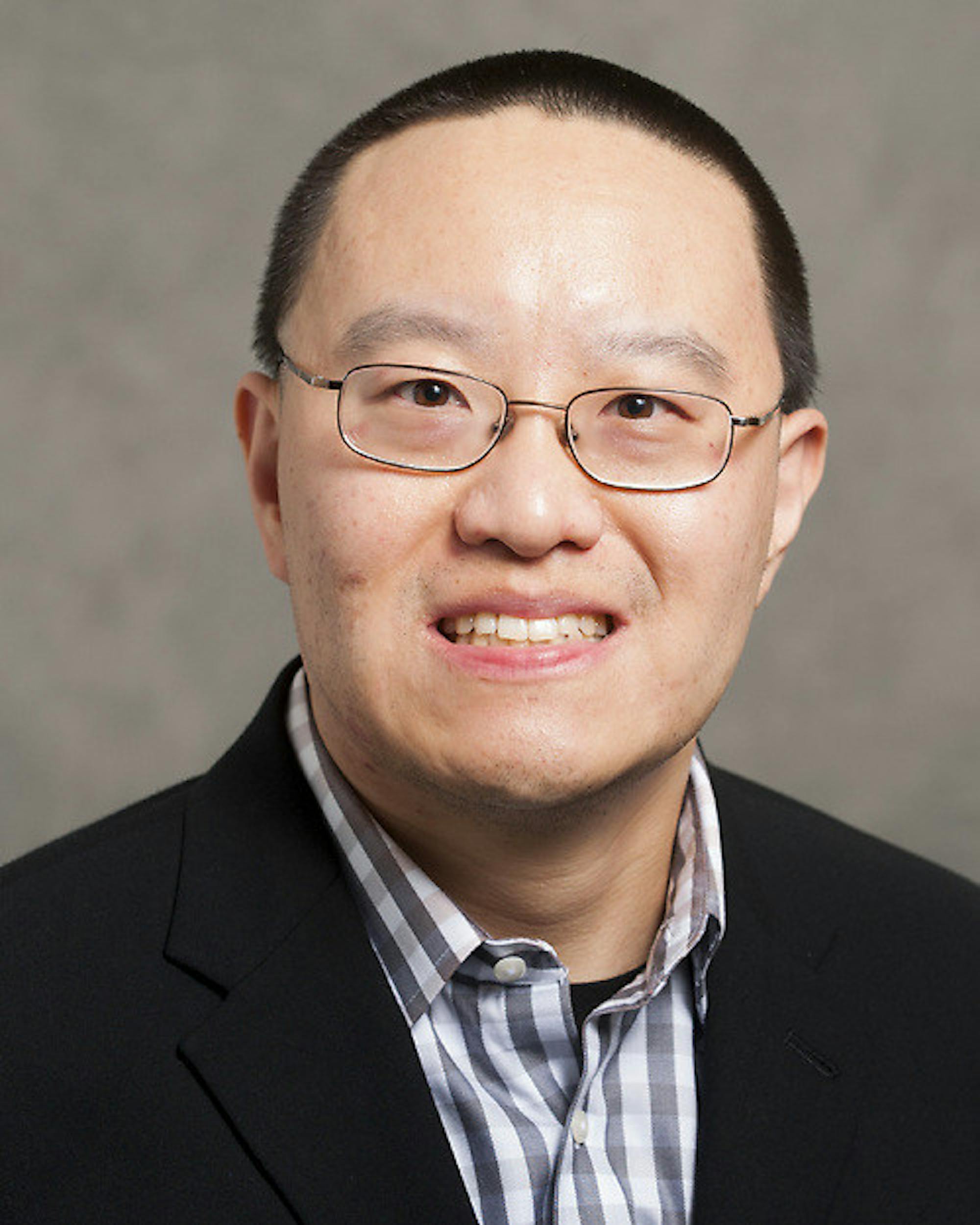Ming Chow, a senior lecturer in the computer science department, will lead a workshop at the Day of Shecurity, a conference that seeks to support women in the cybersecurity field, on Friday, Feb. 22.
According to the Day of Shecurity website, only one in five organizations are very committed to hiring women in technology-based roles. The conference aims to help women build skills needed for a strong knowledge in the field and provide professional resources to facilitate involvement in the industry. In the long-term, the event seeks to inspire women to pursue information security and to eventually change hiring practices within the industry.
The sold-out, hands-on event is free to attend with registration.
Chow is currently one of two male speakers at the event. He first got involved with the organization when the Day of Shecurity reached out about potentially hosting the event at Tufts. Ultimately, they decided to hold the event at the Federal Reserve Bank in Boston.
Tufts is now involved as a Bronze Sponsor after donating $1,000 to the conference. At this time, Tufts is the only college to sponsor the event; other sponsors include businesses such as Google and IBM.
Emily Tran, co-president of Tufts’ Women in Computer Science (WiCS), spoke to Chow's skills as an ally. She described a recent activity in her cybersecurity class where Chow stipulated that each team of four needed to consist of two male students and two female students, saying this reflected Chow’s attitude towards actively supporting women in the computer science field within the classroom.
"He is very deliberate about making sure that he is welcoming,” Tran, a sophomore, said.
Chow plans to lead a workshop called “Packet Analysis Using Wireshark." He described packet analysis as an analysis of what happens in the computer network.
"[Packet analysis is] looking under the hood," Chow said. “It's where all the fun and nefarious stuff happens.”
An accomplished expert in the field of cybersecurity, Chow worked ten years as a web application developer at Harvard. He has spoken at many events, including the High Technology Crime Investigation Association and DEF CON, one of the largest underground hacker conventions in the world.
Chow stressed that an increase in perspective leads to improvement within the cybersecurity field.
Kathleen Fisher, chair of the department of computer science, pointed to the implementation of Amazon’s Rekognition software as an example of the danger of homogeneity in the industry. Rekognition is a program that uses image analysis to detect and recognize objects, scenes and faces. Fisher said that when tested by the ACLU, the organization found the system to be disproportionately misidentifying women and minorities as criminals.
According to Fisher, women make up over 25 percent of the computer science major at Tufts, compared to the national average of 18 percent. In the past, the department has sponsored female students to attend conferences such as the Grace Hopper Conference and formed a subcommittee on their student council to focus on diversity, inclusion and belonging.
One change in recent years involves the organization of introductory classes in the major. Tran explained that intimidation can be a major obstacle to inexperienced people attempting to succeed in computer science.
“Experience levels can vary so much, it’s easy for people to ask questions that can immediately alienate other people,” she said.
To address this concern, introductory computer science courses are now split in two groups — a "blue class" comprised of students entering the class with no prior exposure to the material and a "brown class" for students with background in computer science. The new organization of the introductory classes was introduced last semester as a way to promote a learning environment in which all students feel comfortable expressing their questions.
Tran, a student teaching fellow, clarified that both classes have the same labs, homework and grading scale. The only difference is the lecture environment.
Tatiana Doyle, a senior and co-president of WiCS, emphasized the importance of a supportive community of female-identifying individuals.
“Finding out that there were these amazing women who were majoring in computer science and they were doing it, made me feel like I could do it also,” she said.
Computer Science Professor Ming Chow to represent Tufts at Day of Shecurity

Tufts Senior Lecturer and 2017 Lerman-Neubauer Prize Winner, Ming Chow, poses for a portrait.





